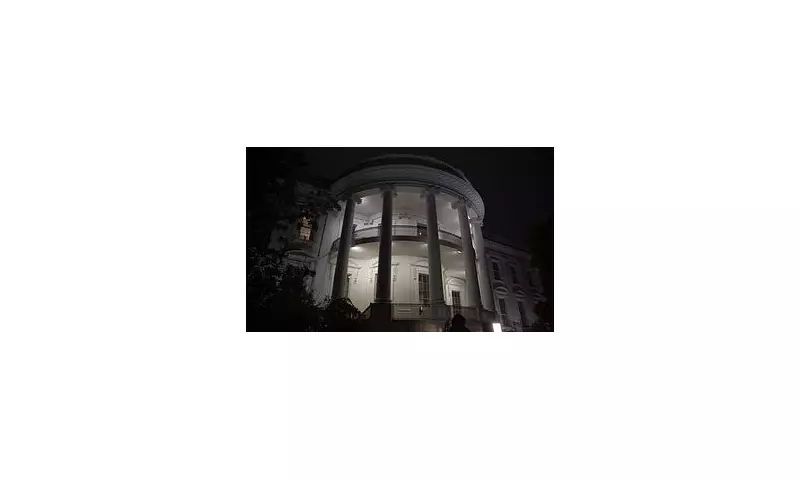
Chancellor Rachel Reeves has unveiled what economists are calling the highest tax burden in British history, with one in four workers set to pay higher rate tax under sweeping changes announced in the Autumn Budget.
Budget Breakdown: Winners and Losers
The £30 billion tax raid will see significant changes to pensions, property taxes and income tax thresholds, while funding what critics describe as a "benefits splurge." The measures include a new pay-per-mile tax for electric vehicles from 2028 and what's being termed a "mansion tax" that could cost homeowners up to £7,500 annually.
The Budget moment turned dramatic when Reeves appeared visibly shocked upon learning her financial plans had been leaked prematurely, glancing at a mobile phone during proceedings with what observers described as stunned disbelief.
Pensions and Property Take the Hit
Pensioners face what's being called a "devastating raid" on their retirement savings, with changes expected to leave thousands worse off in their later years. The triple lock remains in place, delivering a £575 boost to millions of pensioners, but experts warn of a "sting in the tail" in future years.
Property owners aren't spared either, with new levies targeting higher-value homes and potential council tax revaluations that could see millions paying more. The so-called "mansion tax" forms part of broader property reforms that have drawn criticism from homeowners across the country.
Benefits Expansion Amid Tax Hikes
While taxpayers face increased burdens, the Budget allocates substantial funding for benefits, including £14,000 handouts to approximately 18,000 families with six or more children. This expansion of welfare spending has sparked debate about the balance between taxation and redistribution.
The alcohol duty increase of nearly 4% will hit pub-goers and drinkers, while tobacco prices rise above inflation. Meanwhile, cash ISA allowances have been slashed to £12,000 for those under 65, and salary sacrifice arrangements face restrictions that will impact pension savers.
The Office for Budget Responsibility has apologised for what it called a "deeply disappointing" technical error that led to the Budget being leaked early, promising a full investigation into the security breach that overshadowed the Chancellor's announcement.
With the tax burden reaching unprecedented levels and significant changes to both revenue collection and benefits distribution, this Budget marks a substantial shift in Britain's fiscal landscape that will affect households and businesses for years to come.





